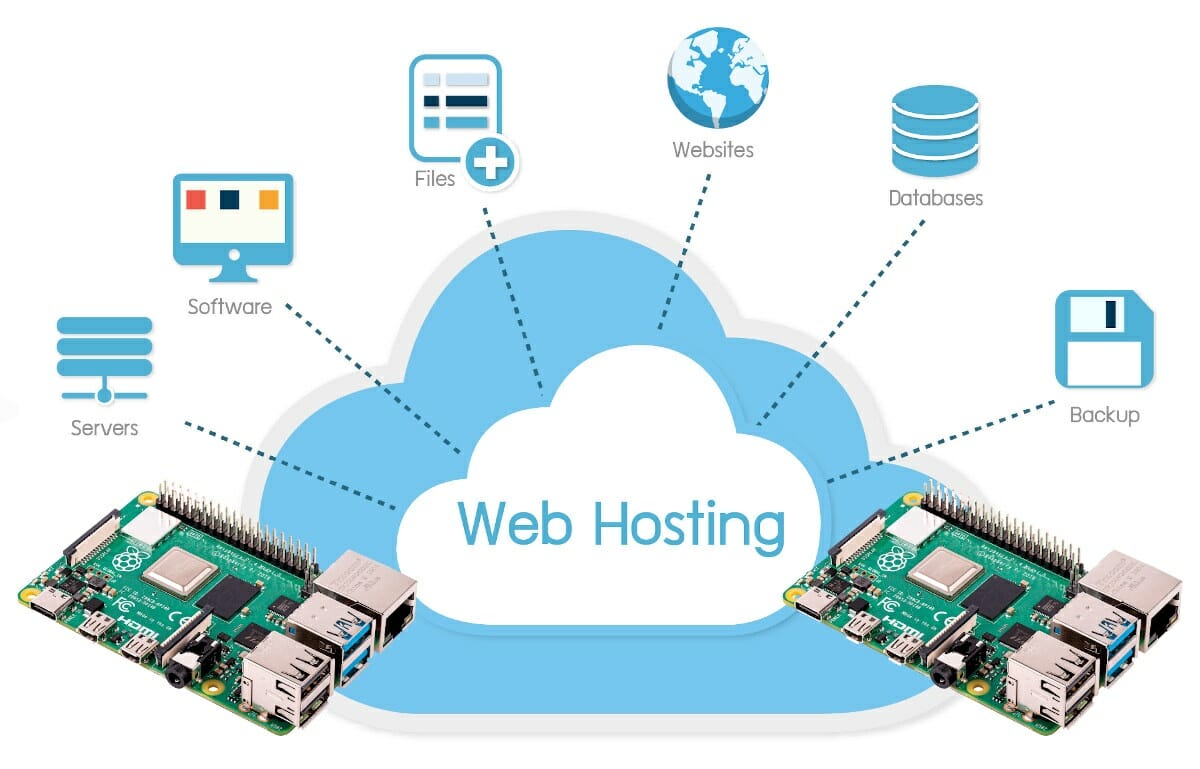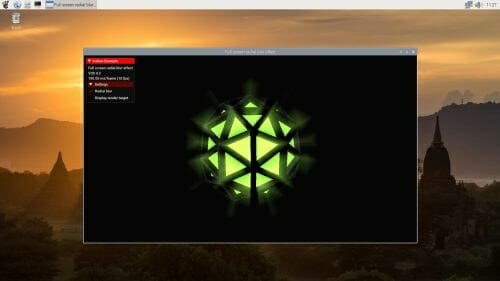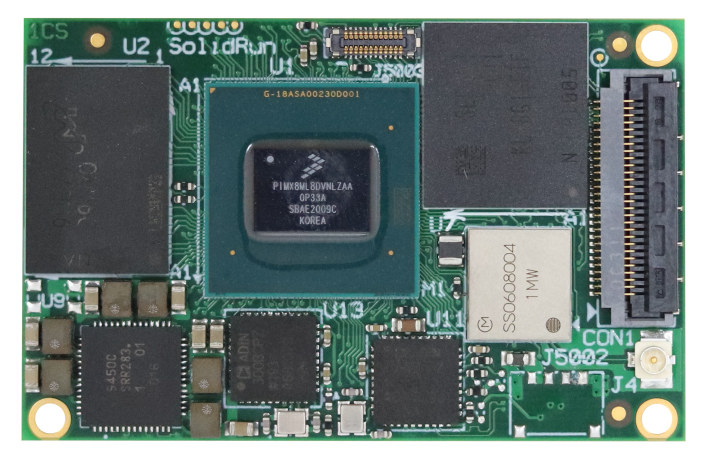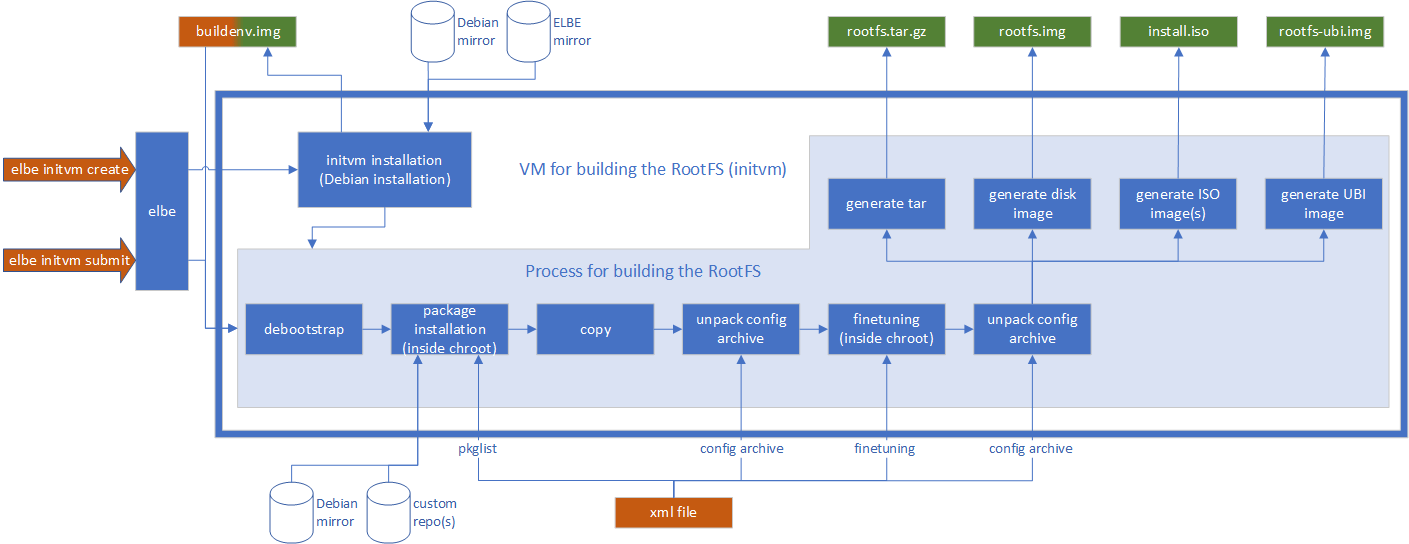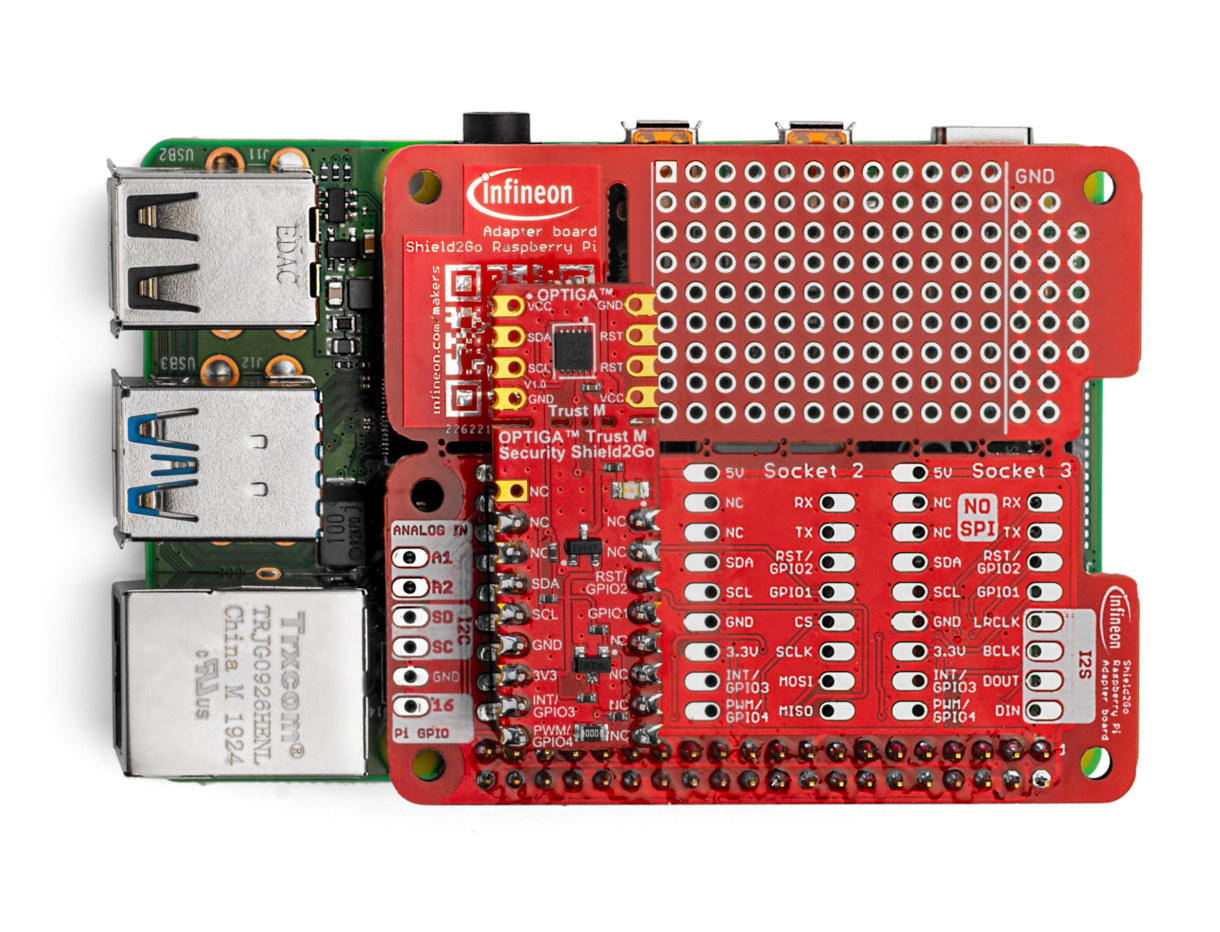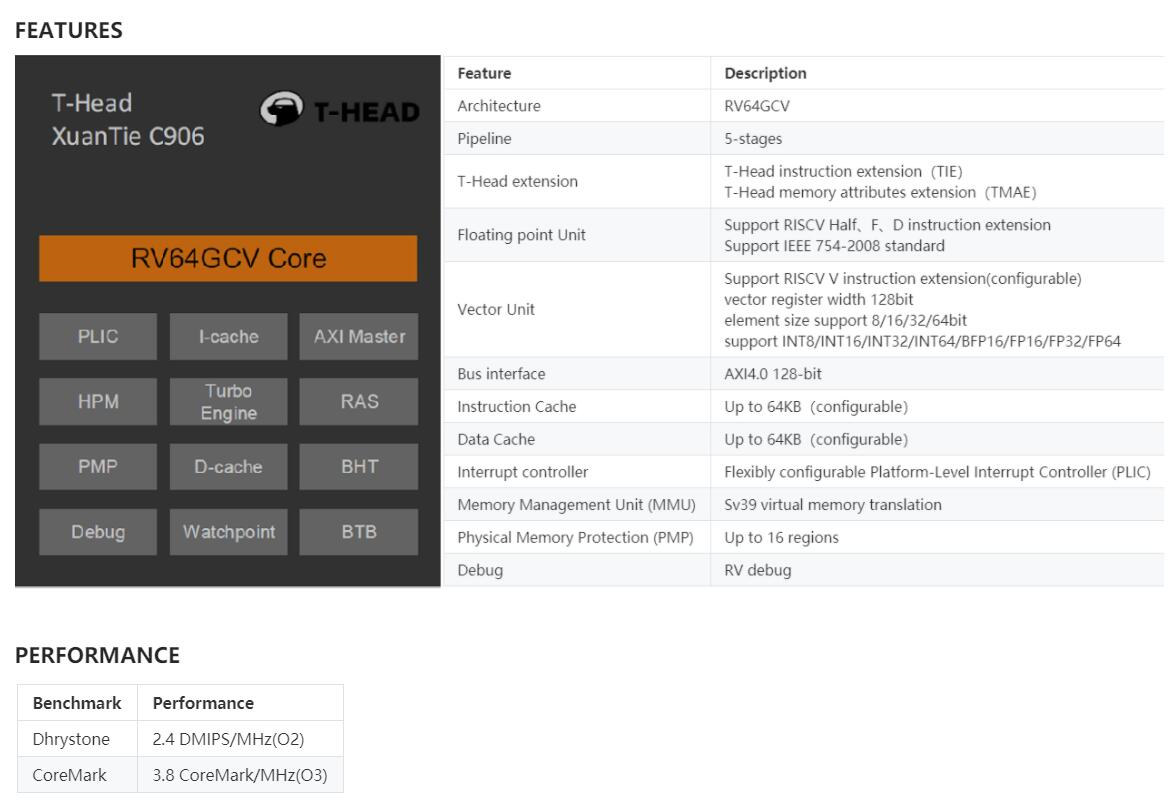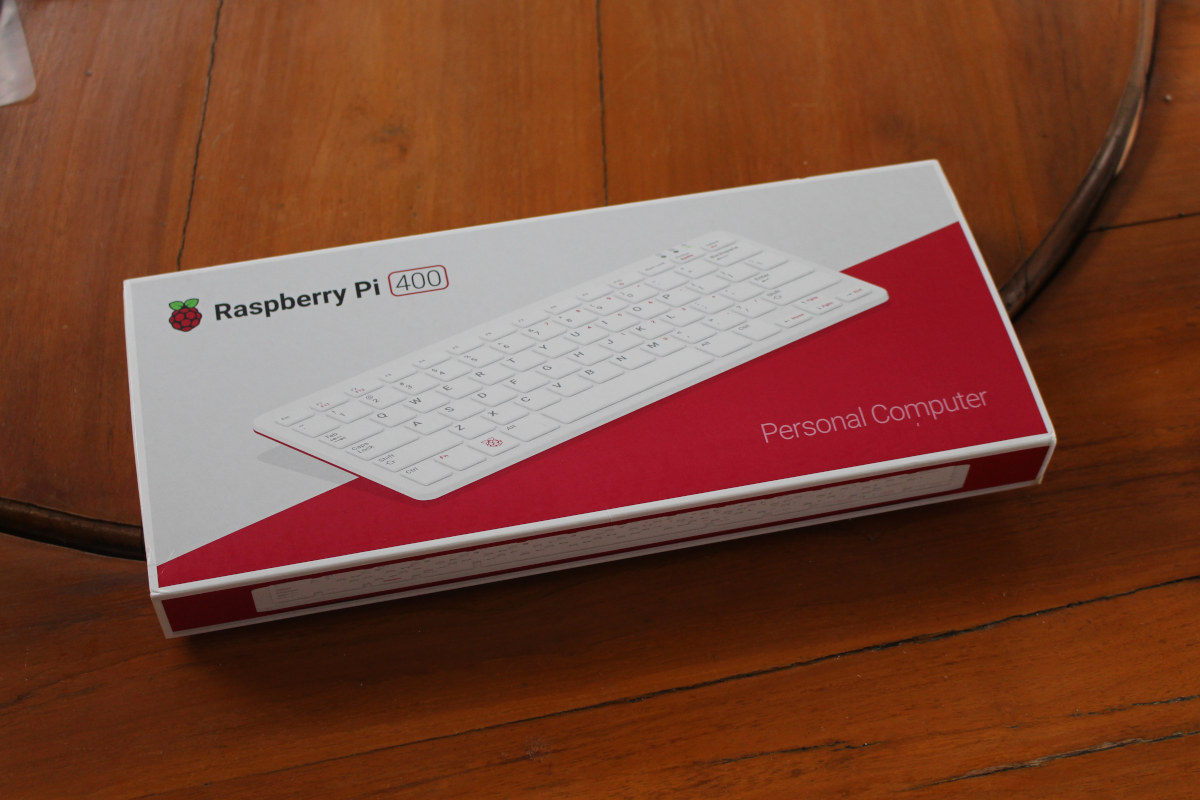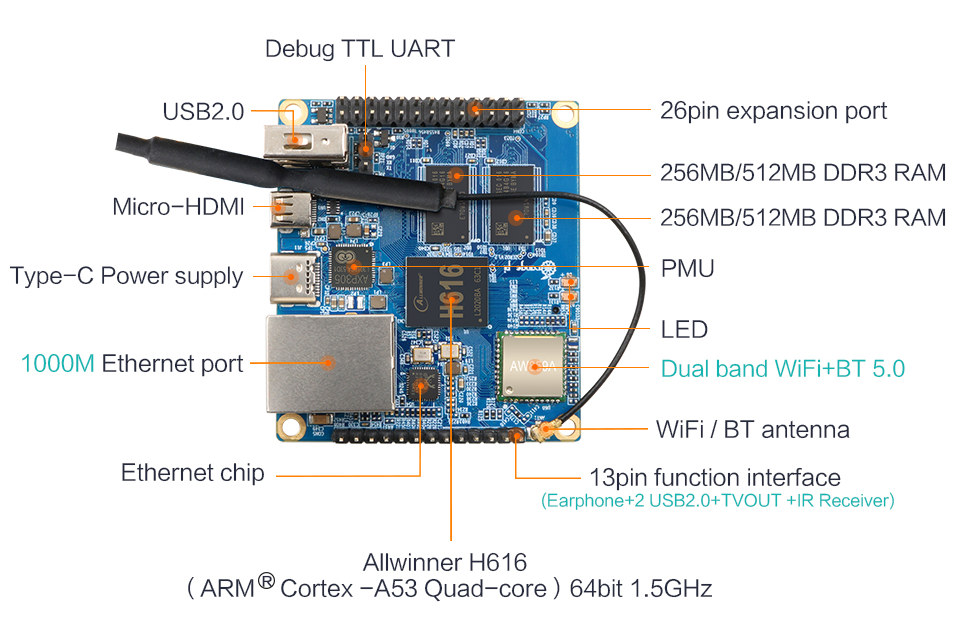Hosting services for Arm single board computers where you pay a monthly fee for a board, and have it hosted in a datacenter with Internet access and easy provisioning have been around for over six years. Last summer, we reported that Mythic Beasts and mini Nodes had added Raspberry Pi 4 hosting plans to their offerings, and others commented there were also other companies. But I’ve just been informed IKOULA, a hosting company based in France, had introduced Raspberry Pi 4 “micro server” hosting plans starting at just 4.99 Euros ex. VAT per month. The hosting plans include the following: Micro server – Raspberry Pi 4 SBC with 4GB DDR4 RAM Storage – 16GB SD card (optional 120 GB SSD) Connectivity – IPV6 only, with IPv4 as an option Bandwidth – 1 Gbit/s Availability – 99.95 % The company offers Raspbian (Raspberry Pi OS), Ubuntu 20.04 32-bit or 64-bit for […]
Raspberry Pi 4 V3DV graphics driver achieves Vulkan 1.0 conformance
Just a couple of weeks ago, we reported on the status of Raspberry Pi 4 Vulkan driver & future plans based on a presentation made by Igalia at the Open Source Summit 2020 at the end of October. At the time, the V3DV Vulkan Mesa driver for Raspberry Pi 4 was merged into Mesa, passed over 100,000 tests in the Kronos Conformance Test Suite (CTS), and was said to implement the full Vulkan 1.0 API. So it should come as no surprise that Khronos has now declared the Raspberry Pi drivers to be conformant with Vulkan 1.0 specifications. This was tested in Raspberry Pi OS with Linux 5.4.51 using X11 display server at 1920×1080 resolution on Raspberry Pi 4. Vulkan 1.0 conformance means the V3DV Mesa driver has passed all tests from Khronos CTS and should be compatible with most applications using this version of the API. The drivers will […]
SolidRun launches i.MX 8M Plus SOM and devkit for AI/ML applications
SolidRun already offers NXP based solutions with AI accelerators through products such as SolidRun i.MX 8M Mini SoM with Gyrfalcon Lightspeeur 2803S AI accelerator, or Janux GS31 Edge AI server with NXP LX2160A networking SoC, various i.MX 8M SoCs and up to 128 Gyrfalcon accelerators. All those solutions are based on one or more external Gyrfalcon AI chips, but earlier this year, NXP introduced i.MX 8M Plus SoC with a built-in 2.3 TOPS neural processing unit (NPU), and now SolidRun has just unveiled the SolidRun i.MX 8M Plus SoM with the processor together with development kits based on HummingBoard carrier boards. Specifications: SoC – NXP i.MX 8M Plus Dual or Quad with dual or quad-core Arm Cortex-A53 processor @1.6 GHz (industrial) / 1.8 GHz (commercial), with Arm Cortex-M7 up to 800MHz, Vivante GC7000UL 3G GPU (Vulkan, OpenGL ES 3.1, OpenCL 1.2), 2.3 TOPS NPU, 1080p60 H.264/H.265 video encoder, 1080p60 video […]
ELBE is a simpler alternative to Yocto/OpenEmbedded and Buildroot
To support embedded design, there are several options when it comes to choosing an operating system (OS). Some of the traditional approaches to building custom Linux systems is to use built systems such as Yocto/OpenEmbedded or Buildroot. The options available for system integration include building everything manually, binary distributions (Debian, Ubuntu, Fedora, etc.), and build systems (Buildroot, Yocto, PTXdist, etc.). The major drawback of build systems is that they are not as easy as a binary distribution and also the build time is more. Why was ELBE born? In the early days, the embedded devices had 4MiB flash and 16MiB of RAM. With these specifications, people started to hack a root file system for their devices. But in some cases, they had to start with building a cross-toolchain first. For this, tools like OpenEmbedded, Buildroot are good as long as they are well maintained. For this, a lot of libraries […]
OPTIGA Trust-M evaluation kit for Raspberry Pi targets Connected Home over IP standard
Last December, we reported that Amazon, Apple, Google, and the Zigbee Alliance had partnered to create Project Connected Home over IP (CHIP) working group with the goal of developing a royalty-free, secure Smart Home standard to increase compatibility among products over WiFi, Ethernet, Bluetooth LE, Cellular, 802.15.4 and others community protocol. Infineon has now unveiled OPTIGA Trust-M evaluation kit for Raspberry Pi designed to experiment with Connect Home over IP standard and comprised of Infineon Shield2Go HAT/adapter board, and OPTIGA Trust-M Security Shield2Go board equipped with Infineon OPTIGA Trust-M “Common Criteria Certified EAL6+” security controller. The Shield2Go adapter just re-routes the 40-pin Raspberry Pi header I/Os to sockets compatible with Infineon boards and a prototyping area. So the most important part is OPTIGA Trust-M Shield2Go which supports the following: X.509 certificates Device authentication Cryptographic support ECC NIST curves up to P-521, Brainpool r1 curve up to 512 RSA up to […]
XuanTie C906 based Allwinner RISC-V processor to power $12+ Linux SBC’s
Alibaba unveiled Xuantie-910 RISC-V core (aka XT910) in 2019 for powerful SoC with up to 16 cores, but an update in 2020 revealed the company planned to have a complete RISC-V core family for a wide range of application from low-power microcontrollers to server SoCs. At the time, I just assumed the company planned to keep their cores to themselves, but time proved me wrong as T-Head, the Alibaba subsidiary in charge of developing RISC-V cores, started to cooperate with Allwinner to develop open-source processors, which should lead to low-cost Linux capable RISC-V SBC very soon according to a tweet from Sipeed. Good News: We get first chip which based on XuanTie C906 (RV64GCV), it have abundant interface (HDMI/RGB/DVP/MIPI/GMAC/…), and will be able to run Debian system.Last and most important, the basic dev board price is start at 12.5$ (1% of HiFive Unleashed)。 pic.twitter.com/EJbXTJ5eMb — Sipeed (@SipeedIO) November 6, 2020 […]
Raspberry Pi 400 Keyboard Computer Features 1.8 GHz BCM2711C0 Processor
The Raspberry Pi Foundation has gotten us used to wait for a while between new hardware releases, but right after having announced Raspberry Pi CM4 and CM4 Lite a couple of weeks ago, the company has now introduced Raspberry Pi 400 keyboard computer with many of the same features as Raspberry Pi 4 single board computer, but as a fully integrated computer inside a 78-key keyboard, and equipped with a slightly faster Broadcom BCM2711C0 processor clocked at 1.8 GHz instead of 1.5 GHz. Raspberry Pi 400 keyboard computer specifications: SoC – Broadcom BCM2711C0 quad-core ARM Cortex-A72 processor @ 1.8GHz System Memory – 4GB LPDDR4-3200 SDRAM Storage – Push-push MicroSD card slot for OS (USB boot also works) Video & audio output – 2x micro HDMI ports up to 1 x 4Kp60, or 2 x 4Kp30 Connectivity Gigabit Ethernet RJ45 2.4GHz and 5GHz 802.11.b/g/n/ac WiFi 5, Bluetooth 5.0 and BLE (Bluetooth […]
Orange Pi Zero2 Allwinner H616 SBC runs Android 10 or Linux
Last year, Shenzhen Xunlong Software unveiled Orange Pi Zero2 SBC as an update to the popular Orange Pi Zero board with a faster Allwinner H6 processor, HDMI 2.0 video output, USB 3.0 port, Gigabit Ethernet, and WiFi. Just one little problem: AFAIK they never sold it. But Orange Pi Zero2 board is now back with another design features instead equipped with a newer Allwinner H616 processor supporting Android 10, and various Linux distributions such as Ubuntu and Debian. Orange Pi Zero2 (2020) specifications: SoC – Allwinner H616 quad-core Arm Cortex-A53 processor @ up to 1.5 GHz with Arm Mali G31 MP2 GPU with support for OpenGL ES 3.2 and OpenCL 2.0 Memory – 512MB or 1GB DDR3 Storage – 2MB SPI flash and MicroSD card slot Video Output Micro HDMI 2.0a port up to 4Kp60 Video composite (CVBS) via 13-pin header (See Expansion section) Video Decoding 10-bit H265/HEVC up tp […]


